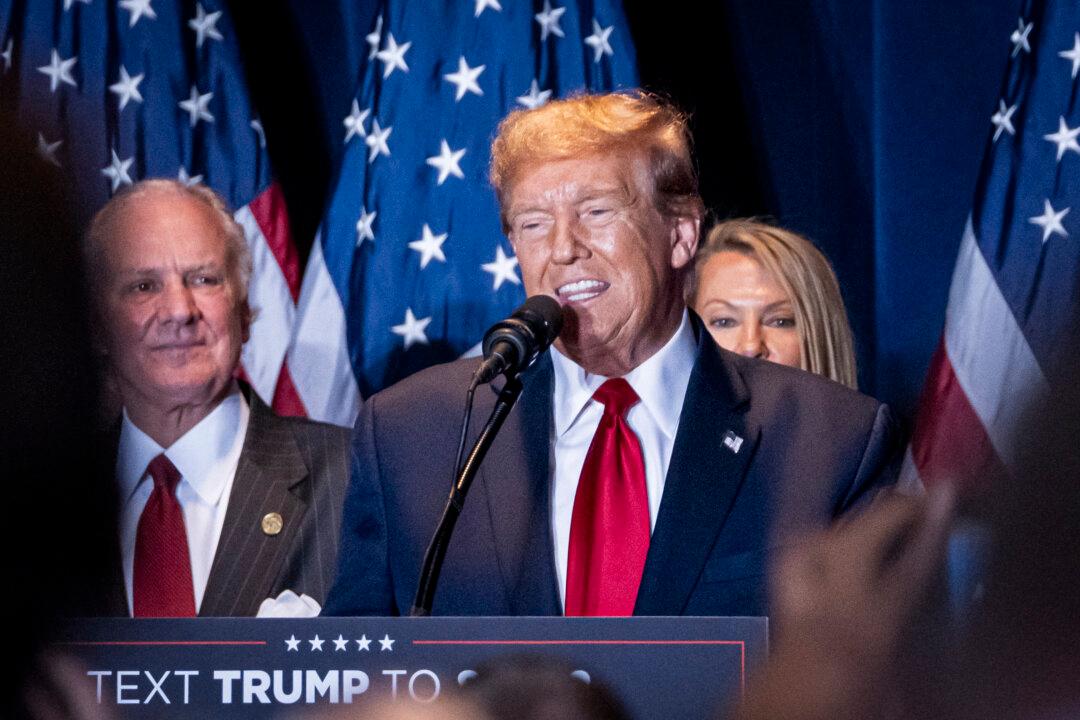A potential merger involving former President Donald Trump’s social media platform Truth Social can take the company public and will give him access to $3.5 billion in funds—a deal which his political rivals are looking to thwart.
On Feb. 14, the U.S. Securities and Exchange Commission (SEC) approved the merger between Digital World Acquisition Corp. (DWAC) and Trump Media & Technology Group (TMTG). TMTG is the owner of social media platform Truth Social. Once DWAC merges with TMTG, it can go public, with President Trump holding 78.75 million shares in the combined entity. DWAC shares were trading at around $45 as of 1:45 p.m. EST on Feb. 27, indicating that President Trump’s stake in the new entity could be worth $3.5 billion.





